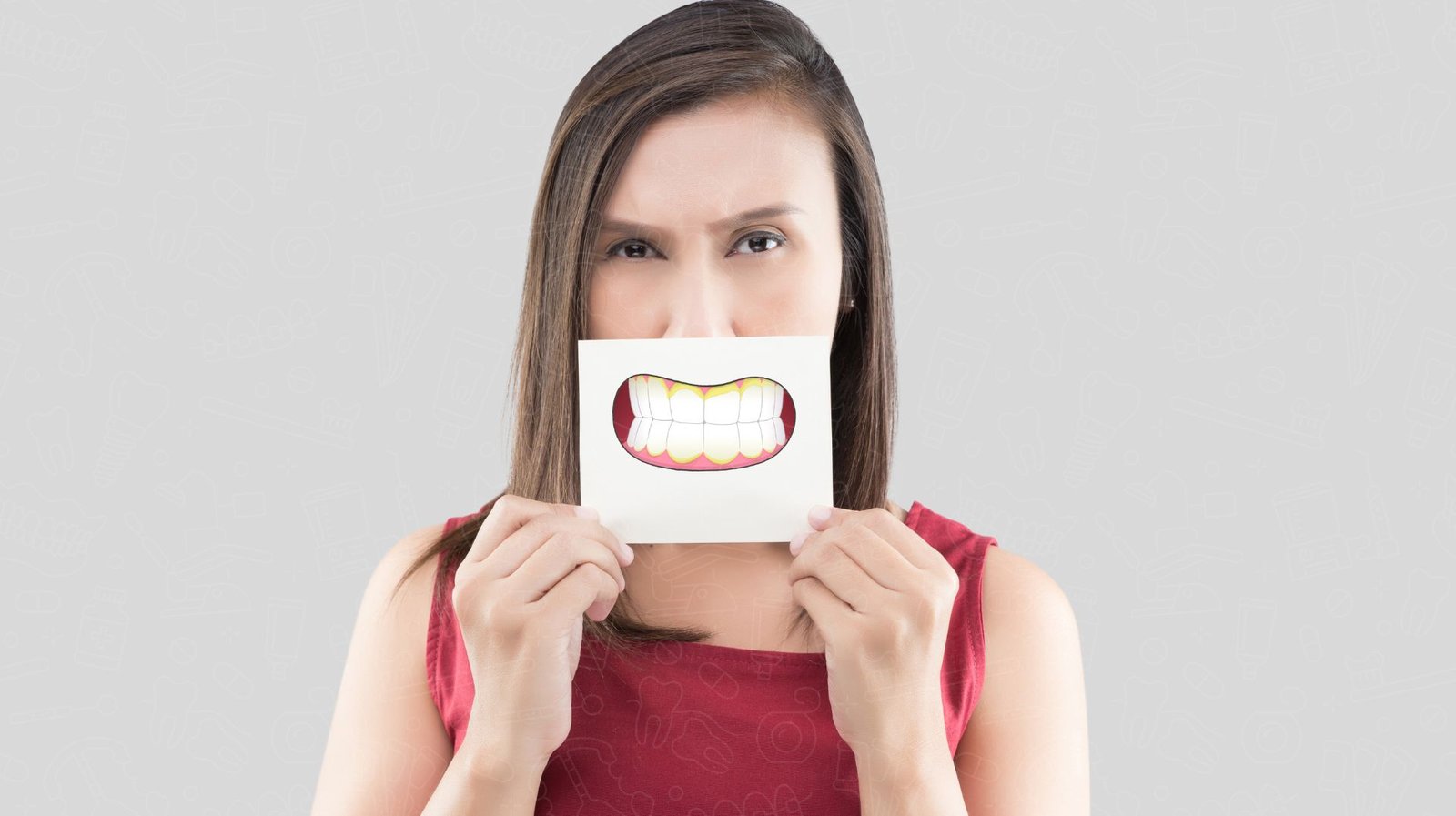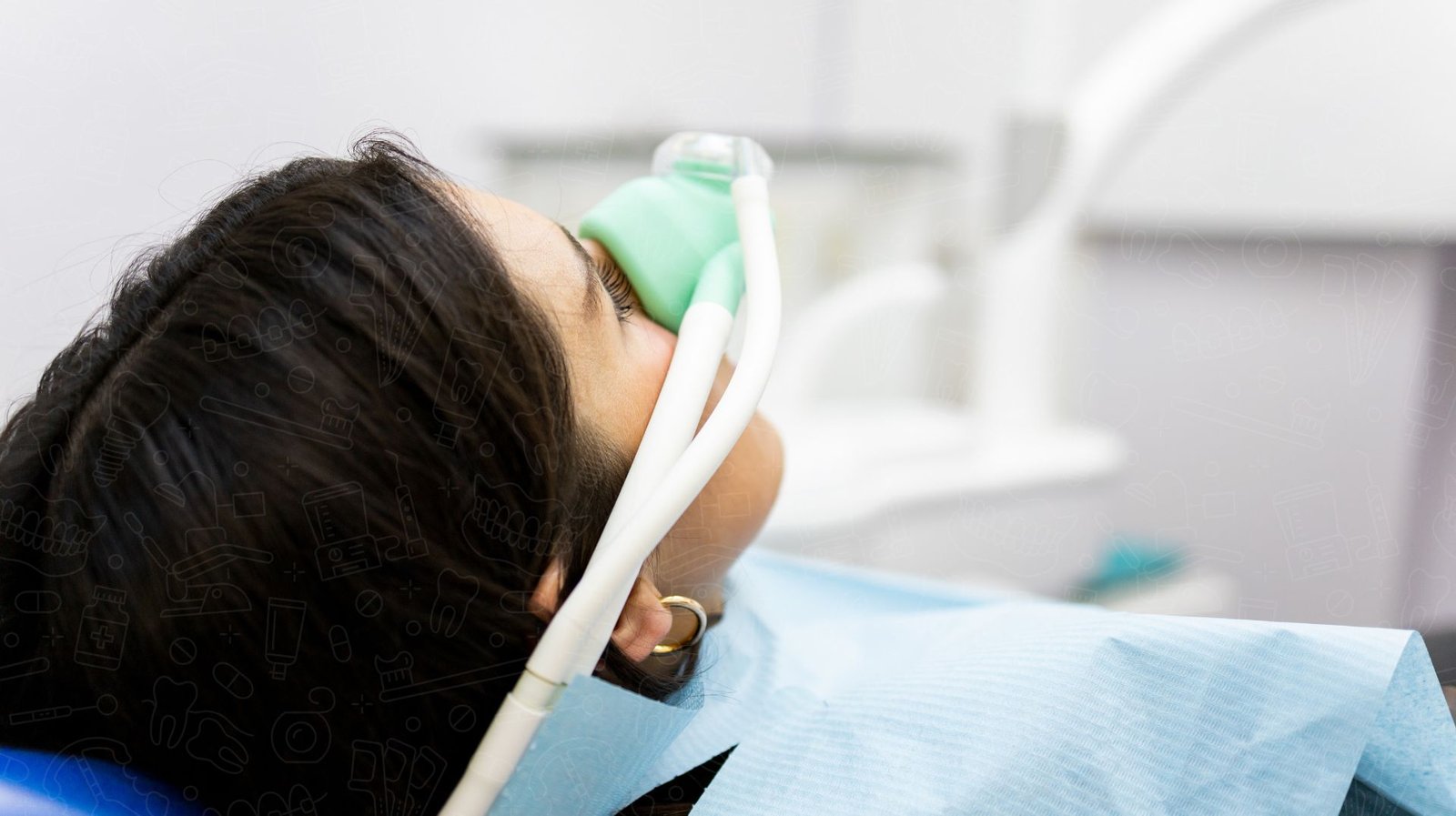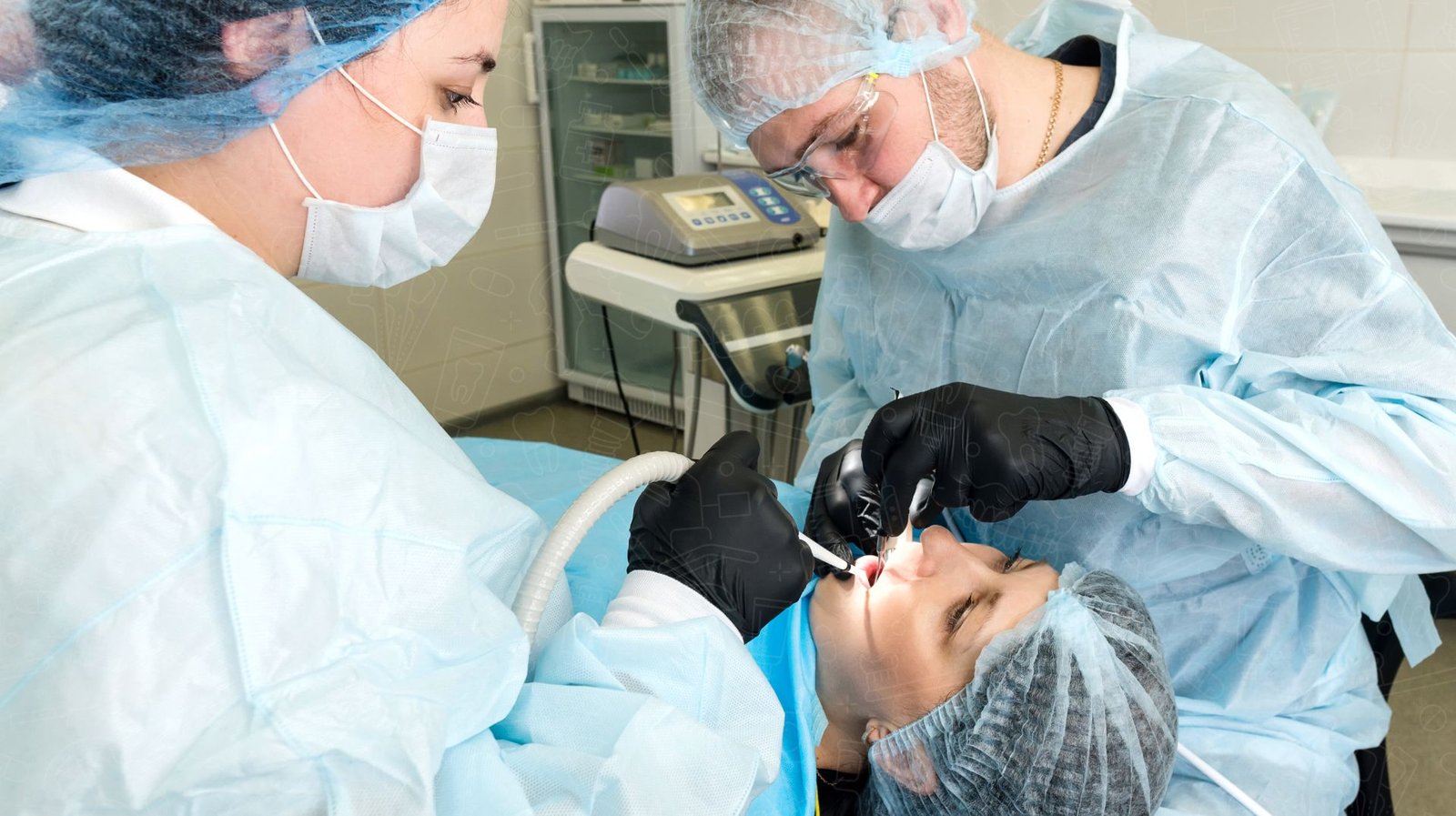Introduction
Maintaining optimal oral health goes far beyond daily brushing and flossing. While a good at-home dental routine is essential, it’s often not enough to keep your teeth and gums in their healthiest condition. Over time, plaque—a sticky film of bacteria—can harden into tartar, especially in hard-to-reach areas like the back molars or just below the gumline. Once tartar forms, it can’t be removed with a toothbrush alone and may lead to gum disease, tooth decay, and persistent bad breath if left untreated.
That’s where professional teeth cleaning comes in. Performed by a licensed dental hygienist or dentist, this routine but vital procedure is designed to deep-clean your mouth, remove built-up plaque and tartar, and leave your teeth feeling smooth and refreshed. Beyond just cleaning, it also gives your dental team a chance to catch early signs of oral health issues before they become serious—and costly.
If you’ve ever wondered what exactly happens during a dental cleaning, how often you should go, or what the benefits really are, this article will walk you through the entire process. From the first examination to post-cleaning care, here’s everything you need to know about professional teeth cleaning and why it’s a cornerstone of lasting oral health.
What is Professional Teeth Cleaning?
Professional teeth cleaning is a preventive dental procedure designed to maintain the health of your teeth and gums by thoroughly removing plaque, tartar (also known as calculus), and surface stains that can’t be eliminated by brushing and flossing alone. It is typically performed by a licensed dental hygienist or dentist as part of your routine dental care. While daily oral hygiene is essential, it’s nearly impossible to completely clean every area of the mouth—especially around the gumline and between teeth. Over time, this leads to the accumulation of plaque, which hardens into tartar and contributes to cavities, gum disease, and persistent bad breath.
A professional cleaning goes far beyond what a toothbrush or floss can achieve. The tools and techniques used in a dental office allow for a deeper clean, helping to reduce inflammation, brighten your smile, and protect against more serious oral health issues.
Depending on your specific oral health needs, your dentist may recommend a standard cleaning (prophylaxis) for maintenance or a deep cleaning (also known as scaling and root planing) if you show signs of gum disease. Both procedures are essential for preserving oral health and preventing future dental complications.
Why is Professional Teeth Cleaning Important?
Professional teeth cleaning plays a critical role in maintaining both oral and overall health. While daily brushing and flossing are important, they often aren’t enough to completely protect your teeth and gums from long-term damage. Regular cleanings help remove hardened tartar and plaque buildup that can lead to serious dental problems if left untreated.
One of the main benefits is the prevention of gum disease, which begins with inflammation and can progress to infection and even tooth loss. Cleanings help stop this progression by eliminating the bacteria that irritate the gums. Additionally, removing plaque reduces the risk of cavities and enamel erosion, helping you maintain stronger, healthier teeth.
Cleanings also contribute to fresher breath, as tartar buildup and trapped food particles are major causes of halitosis. Your smile will also appear whiter and brighter, thanks to the polishing process that removes surface stains from coffee, tea, and other staining foods.
Perhaps most importantly, regular cleanings allow your dental team to perform early detection of serious health issues, such as oral cancer, gum recession, or tooth fractures. Addressing these issues early can save you from expensive and invasive procedures later, making professional cleanings a wise and cost-effective investment in your health.
What Happens During a Professional Teeth Cleaning?
A professional teeth cleaning is a structured, multi-step procedure designed to thoroughly clean your teeth and evaluate your oral health. Here’s what typically happens during a standard appointment:
- Initial Oral Exam:
The process begins with a quick but thorough oral examination. Using a small mirror, the dental hygienist checks for visible signs of tooth decay, gum inflammation, plaque buildup, and other oral concerns. If anything unusual is found, the dentist may be consulted before moving forward. - Plaque and Tartar Removal (Scaling):
Using a scaler, the hygienist carefully removes plaque and tartar from around the gumline and between teeth. This step—called scaling—is critical in preventing gum disease and tooth decay. The more tartar present, the longer this step may take. - Polishing with Gritty Toothpaste:
Once your teeth are free of tartar, a high-powered electric brush and gritty toothpaste are used to polish the surfaces. This helps remove minor stains and smooth the enamel. - Professional Flossing:
Next, the hygienist flosses between your teeth to clean areas brushing can’t reach and check for bleeding or sensitive spots. - Rinse and Suction:
A rinse—sometimes with fluoride—is used to flush away debris, with suction used to keep your mouth clear. - Fluoride Treatment (Optional):
Finally, a fluoride gel or foam may be applied to help strengthen enamel and protect against cavities for months ahead.
How Long Does a Professional Teeth Cleaning Take?
A standard professional teeth cleaning usually takes between 30 to 60 minutes, depending on several factors such as the condition of your teeth, the amount of plaque and tartar buildup, and whether it’s your first visit in a while. If your cleaning is part of a routine checkup, it may also include dental X-rays, an oral exam by the dentist, or a fluoride treatment, which can extend the overall appointment time. For patients needing deep cleaning (scaling and root planing), the process may be divided into multiple sessions to thoroughly address gum and bone health.
How Often Should You Get a Professional Teeth Cleaning?
For most individuals, it’s recommended to schedule a professional teeth cleaning every six months. This twice-yearly schedule allows your dental team to remove plaque and tartar buildup before it leads to more serious problems like cavities, gum disease, or enamel erosion. Regular cleanings also help maintain fresh breath and a brighter smile.
However, some people may benefit from more frequent visits. If you smoke or use tobacco products, you’re at higher risk for gum disease and staining. Pregnant individuals often experience hormonal changes that make gums more sensitive and prone to inflammation. People with diabetes, compromised immune systems, or a history of gum disease or frequent cavities may also need to visit the dentist every 3–4 months for optimal care.
Your dentist will assess your oral health, lifestyle, and medical history to create a personalized cleaning schedule. Skipping cleanings can lead to undetected dental issues that worsen over time and become more expensive to treat. By staying consistent with your appointments, you’re not only protecting your smile but also supporting your overall health—since oral conditions are closely linked to heart disease, stroke, and diabetes. Prevention truly is the best form of dental care.
What is a Deep Cleaning?
A deep cleaning, also known as scaling and root planing, is a more intensive dental procedure than a standard teeth cleaning. It’s typically recommended for individuals who show signs of gum disease, such as gingivitis or the more advanced stage known as periodontitis. Unlike a regular cleaning that focuses on the surfaces of the teeth and just above the gumline, a deep cleaning goes further to treat areas below the gums where harmful bacteria accumulate.
The procedure involves two main steps:
- Scaling: This part of the process removes plaque, tartar, and bacteria from the tooth surfaces both above and below the gumline, especially in deep periodontal pockets where brushing and flossing can’t reach.
- Root Planing: After scaling, the roots of the teeth are carefully smoothed out. This helps prevent future buildup and encourages the gums to reattach to the teeth more securely, reducing pocket depth and inflammation.
To minimize discomfort, deep cleanings are typically performed under local anesthesia. Depending on the severity of the gum disease, the treatment may be done in one or more visits, often focusing on one half or quadrant of the mouth at a time. Follow-up care and maintenance cleanings are essential to ensure long-term gum health.
Is Professional Teeth Cleaning Painful?
For the majority of patients, professional teeth cleaning is not a painful experience. Most people report a feeling of pressure or vibration during the cleaning, but not actual pain. However, the level of comfort can vary depending on individual oral health conditions and sensitivity levels.
Some patients may experience mild discomfort during certain parts of the cleaning—especially scaling, which involves removing hardened tartar around and beneath the gumline. Discomfort is more likely if there’s a significant buildup of tartar, inflamed or bleeding gums, or receding gums where the roots of the teeth are more exposed and sensitive. Flossing may also feel uncomfortable if it has not been done regularly at home.
If you have tooth sensitivity, dental anxiety, or a low pain threshold, it’s important to communicate openly with your dental hygienist. Many clinics offer numbing gels, topical anesthetics, or even local anesthesia to make the experience more pleasant and stress-free.
Your comfort is a priority, and dental professionals are trained to adjust their technique based on your needs. Don’t let fear of discomfort keep you from regular cleanings—keeping up with professional dental care helps avoid more invasive (and painful) treatments in the future.
Benefits of Professional Teeth Cleaning
Scheduling regular professional teeth cleaning appointments is one of the most effective ways to protect your oral and overall health. While brushing and flossing at home are essential daily habits, they simply can’t replace the deep cleaning and thorough inspection you receive during a visit to the dentist. Here are some of the top benefits of professional cleanings—and why they should be a non-negotiable part of your wellness routine.
- Removes Plaque and Tartar: Over time, even with daily brushing, plaque can harden into tartar. Professional cleanings effectively remove these deposits, helping to prevent tooth decay and gum disease before they start.
- Brightens Your Smile: The polishing step during a cleaning removes surface stains caused by coffee, tea, wine, or tobacco, leaving your teeth visibly cleaner and whiter.
- Prevents Bad Breath: Chronic halitosis is often caused by bacteria and debris trapped below the gumline. Cleanings help eliminate odor-causing buildup, leaving your breath fresher.
- Saves Money Long-Term: By catching cavities, gum disease, or other issues early, regular cleanings can help you avoid expensive treatments like root canals or implants.
- Boosts Overall Health: Research continues to show strong links between oral health and heart disease, diabetes, and digestive issues, making cleanings important for more than just your teeth.
Post-Cleaning Care Tips
After your cleaning, it’s important to maintain good oral hygiene to keep your teeth and gums healthy between visits. Here are some tips:
- Brush twice daily with fluoride toothpaste
- Floss once a day to remove food particles and plaque
- Avoid sugary snacks that feed bacteria
- Drink water to help wash away debris and maintain pH balance
- Quit smoking to reduce gum disease and staining
FAQs About Professional Teeth Cleaning
Is it okay to eat after a professional cleaning?
✅ Yes, you can eat immediately unless you had a fluoride treatment. In that case, wait at least 30 minutes.
Can professional teeth cleaning damage enamel?
✅ No. The tools used during cleaning are safe and designed not to harm enamel when used by trained professionals.
Are cleanings covered by insurance?
✅ Most dental insurance plans cover two cleanings per year as part of preventive care.
Can I whiten my teeth the same day?
✅ It’s best to wait at least 24–48 hours after a cleaning before whitening treatments to avoid irritation.
How do I know if I need a deep cleaning instead of a regular cleaning?
✅ If you have symptoms like bleeding gums, persistent bad breath, gum recession, or deep pockets around your teeth, your dentist may recommend a deep cleaning. A periodontal exam or dental X-rays can help determine if scaling and root planing is necessary.
Will my teeth feel sensitive after a professional cleaning?
✅ Some people may experience mild sensitivity to hot or cold foods and drinks after a cleaning, especially if there was heavy tartar buildup or exposed tooth roots. This usually subsides within a day or two.
Can I brush and floss my teeth after a professional cleaning?
✅ Yes, you should resume brushing and flossing as normal. In fact, keeping up with good oral hygiene habits right after your cleaning helps maintain the results and prevent rapid plaque buildup.
Is professional teeth cleaning safe during pregnancy?
✅ Yes, dental cleanings are not only safe but recommended during pregnancy. Hormonal changes can increase the risk of gum disease, so professional cleanings help protect both your oral and overall health.
How can I make my professional cleaning more comfortable?
✅ If you have dental anxiety or sensitivity, let your hygienist know beforehand. Options like numbing gels, gentle techniques, and calming music can help ease discomfort during the procedure.
What should I avoid after a professional teeth cleaning?
✅ Avoid eating sticky, crunchy, or staining foods for a few hours after your cleaning—especially if you’ve had a fluoride treatment. It’s also wise to steer clear of tobacco and heavily pigmented drinks like coffee or red wine for 24 hours to keep your smile brighter.
Final Thoughts: Don’t Skip Your Dental Cleanings
Professional teeth cleaning is one of the simplest yet most impactful steps you can take to protect your oral health. While it may seem like just another item on your to-do list, regular cleanings offer powerful long-term benefits that go well beyond cosmetic improvements. Yes, your smile will look brighter and feel smoother—but more importantly, cleanings help prevent serious dental issues like gum disease, tooth decay, and bad breath.
Routine visits allow your dental team to monitor your oral health closely and catch small problems before they escalate into painful or expensive procedures. A minor cavity found early is much easier—and cheaper—to treat than a root canal or tooth extraction down the road. Cleanings also offer a valuable opportunity to receive personalized advice on brushing techniques, flossing habits, and product recommendations tailored to your unique needs.
Whether it’s been six months or six years since your last dental cleaning, now is the time to make your oral health a priority. Don’t let anxiety, time constraints, or forgetfulness stand in your way. Your teeth and gums are meant to last a lifetime, and with the right care, they will.
Make that appointment. Invest in yourself. Schedule your professional teeth cleaning today—and step into a healthier, fresher, and more confident version of you. Your future self will thank you.





